One of the questions I get asked the most about making socks is which yarns to use. I think the choice of sock yarn is really important to the finished product, as important as the correct pattern choice at least. There are hundreds of yarns on the market that might fit the bill. So what should you be looking for?
Sock yarn needs to be really hard wearing. Its probably the biggest challenge that a yarn will face. The hope is that you'll want to wear your socks a lot and walk or move in them. As you move they will rub against your feet and your shoes or the ground so the yarn has to be pretty sturdy in order to take that punishment. Now luckily your feet aren't the most delicate part of your body, so unless you have an allergy you can probably cope with a sturdier yarn there than you might want around your neck, where you want softness and gentleness against the delicate skin.
The other thing a sock yarn needs to be is elastic. The stretch to fit is so important in handmade socks and, because crochet is intrinsically slightly less stretchy than knitting, the yarn's natural elasticity is really important.
For me, a wool blend is the obvious answer. Wool is a hard wearing and an elastic fibre that can stretch and return to shape. Crucially for socks, wool is breathable and naturally wicks moisture away. Wool repels odour and is fairly self-cleaning so wool socks don't need washing very often, they can just be aired between wears (I promise). Remember, washing as little as possible helps your socks last longer as the washing process contributes to the wear and tear too.
But wools are not created equal. A wool from a sheep that has a long staple length (the length of each individual hair) will be harder wearing than one that has a shorter one and the tighter it is spun, generally the more hard wearing it is. Hairs that poke out of the yarn tend to be what can make it itchy and longer staple lengths are prone to do this. Tighter spins prevent this.
Sock yarns are typically spun with a little nylon in them to make them even harder wearing. And I think, depending on your views on plastics these are a good choice as the nylon will make the sock last longer.
If you are vegan or have a wool allergy, a man-made blend is probably going to be your best bet. A cotton blend may be suitable but bear in mind that cotton doesn't have as much natural stretch as wool does although it will be strong.
And what about weight? The thickness of the yarn you need to be will obviously be determined by the pattern (you want to match tension carefully in socks) but which patterns should you go for. In my experience a 4ply or fingering weight yarn will make a sturdy crochet sock that fits into most shoes. It won't be as fine as a knitted 4ply sock due to the nature of crochet. Any heavier yarns such as DK, aran or worsted, will be more suitable as boot socks or slippers.
Want to learn more? Our Crochet Socks class takes you through every step of the process from selecting yarn and pattern through cuffs, heels and toes to caring for your finished socks.
Ready to pick a pattern? Choose from our selection


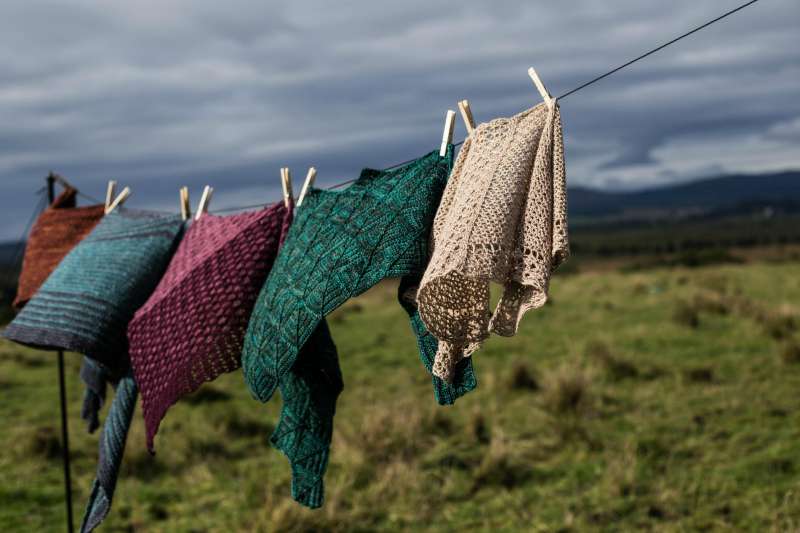
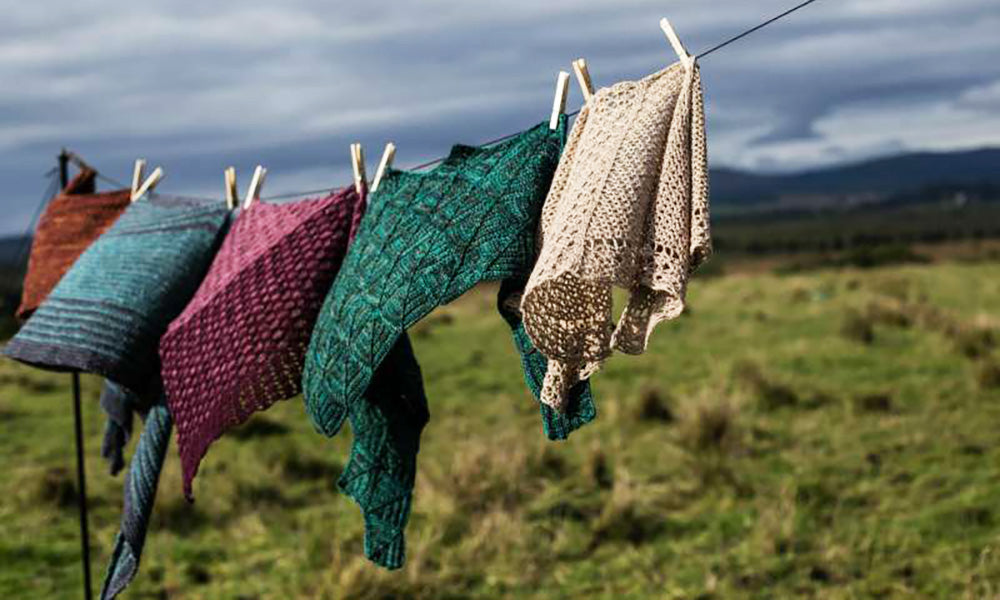
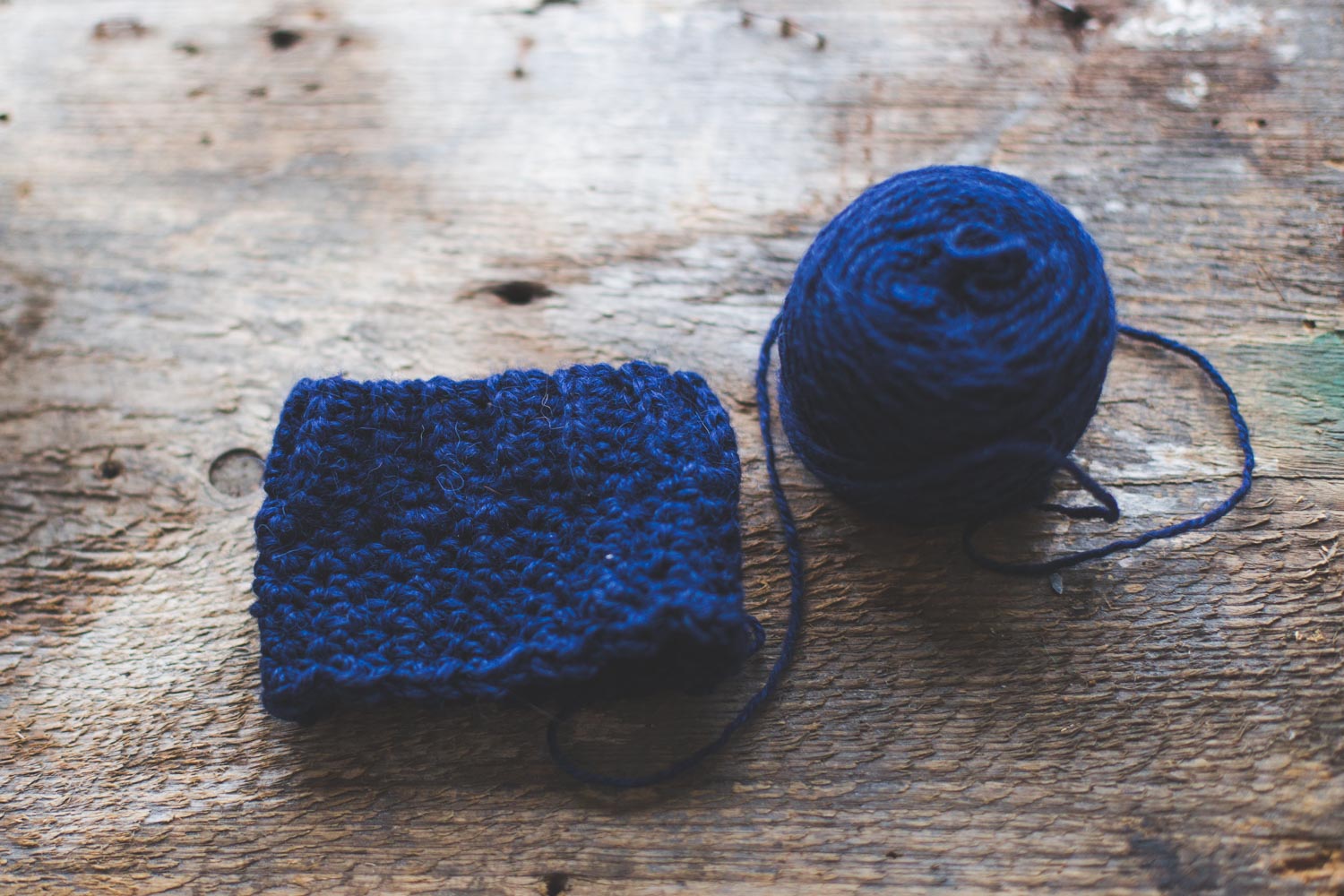
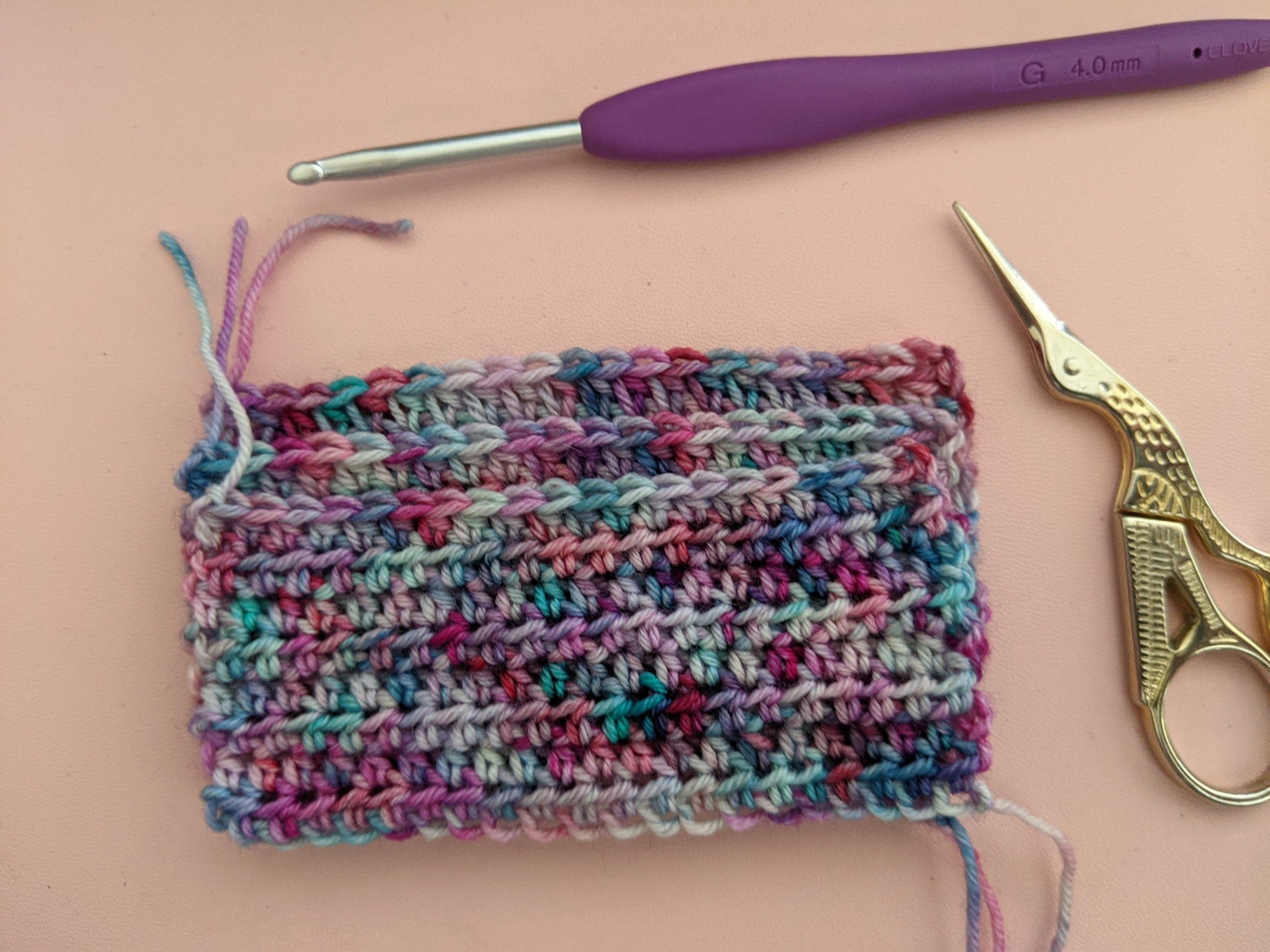
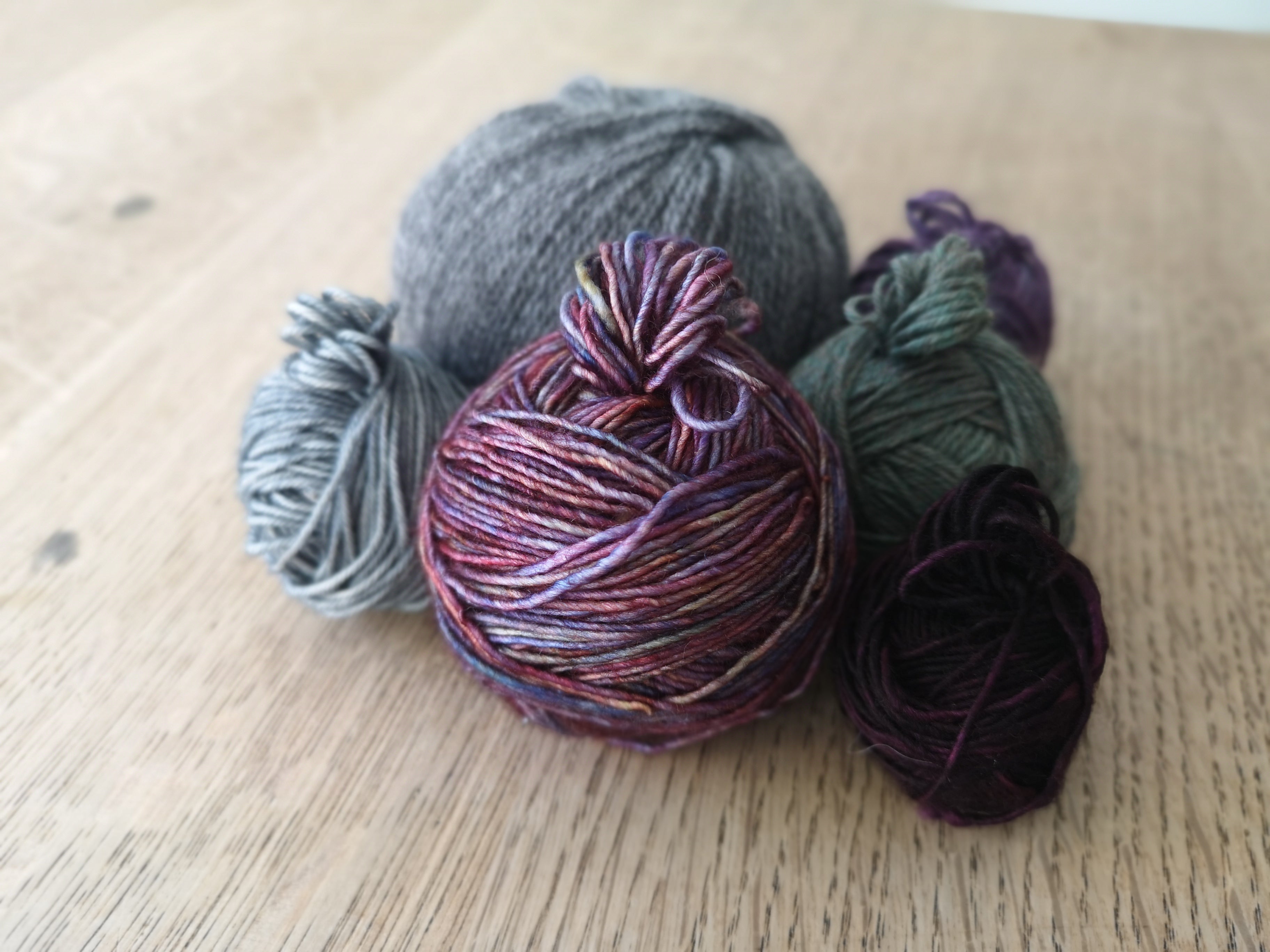
Leave a comment
All comments are moderated before being published.
This site is protected by hCaptcha and the hCaptcha Privacy Policy and Terms of Service apply.